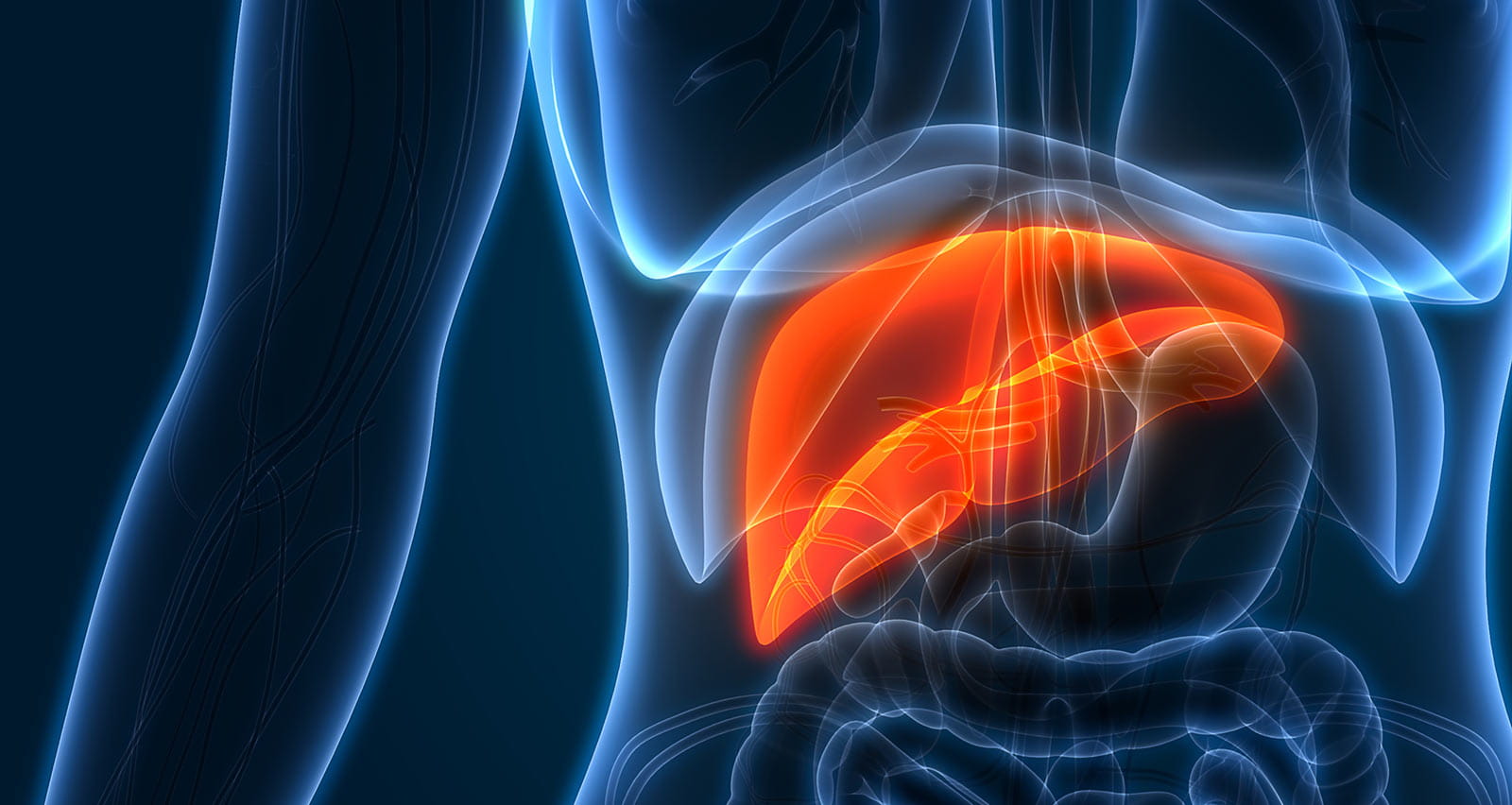
What is Alpha-1 Antitrypsin Deficiency?
Alpha-1 antitrypsin deficiency is a rare, inherited condition in which the liver doesn't make enough of a protein called Alpha-1 antitrypsin (AAT). The primary function of this protein is to travel through your blood to the lungs to help protect them from infections and environmental irritants like tobacco smoke and other air pollutants.
Call to Schedule an Appointment Today
To schedule an in-person or virtual consultation with a UH liver specialist, call 216-844-8500, Option #1 or schedule online.When there isn’t enough AAT produced and released into the bloodstream, patients are also at increased risk for lung disease. In addition, if the protein produced is abnormal, the abnormal protein is not released from the liver and it accumulates, which leads to liver damage, cirrhosis, and increases risk for liver cancer.
What Are the Symptoms of AAT Deficiency?
Often symptoms of AAT deficiency are related to lung dysfunction and may not appear until an individual is in their 20s or 30s. Sometimes this is discovered through evaluation for abnormal liver enzymes. Symptoms can include:
- Shortness of breath and/or wheezing
- Chronic cough with excess mucus production
- Low energy and tiredness
- Chest pain or tightness
- Symptoms of liver disease
Expert Diagnosis and Treatment for AAT Deficiency
A blood test is the only way to diagnose AAT deficiency. If you are experiencing any of the symptoms listed above without any obvious cause, your doctor may order a blood test to look at AAT levels in your blood. If blood tests confirm you have low levels of the AAT protein, there is no cure but the condition can be treated with medications to help you breathe easier and feel better. A consultation with a UH lung specialist (pulmonologist) may be recommended.
Although most people with AAT deficiency don't have serious problems with their liver function, but if there is significant liver disease, you will need to be evaluated by a liver specialist.
Make an Appointment
Your health is important. Get expert care.
Offering in-person and virtual visits.
216-844-8500, Option #1
Make an Appointment

